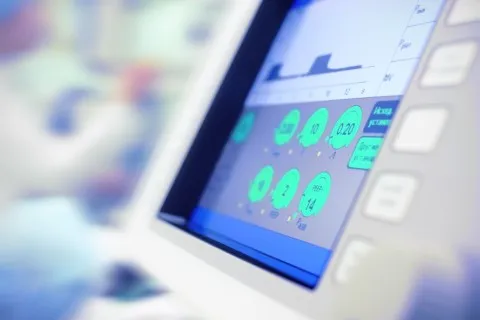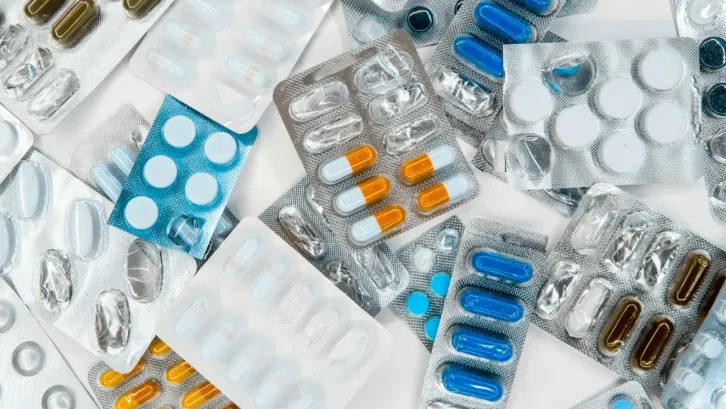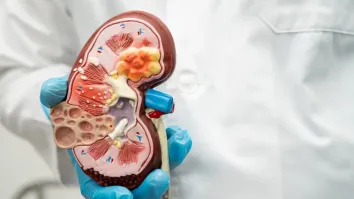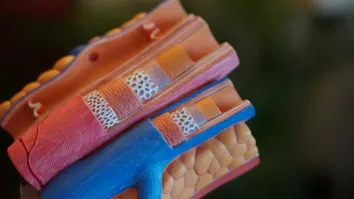
Medical device FDIs to extend slump in 2020
India’s foreign investments into the sector crashed 60% in 2017 and 2018 down to $67m.
Foreign direct investment (FDI) in the Asian medical device sector is likely to decrease in 2019-2020, due to increasing headwinds such as tougher regulations and other external pressures, a report by Fitch Solutions revealed.
In India, FDI has been weak in the wake of an increasingly aggressive stance on medical device pricing, which saw the imposition of drastic price caps on some medical devices. The latest available data from the Department of Industrial Policy and Promotion (DIPP) showed that FDI in the medical device sector fell by around 60% in 2017 and again in 2018, down to $67m (IND4.7b).
“This marked a sharp reversal from 2016, when FDI investment nearly tripled to $439m (IND29.4b), following a decision to include medical devices on the FDI automatic route,” Fitch Solutions said.
Meanwhile in Malaysia, FDI also slowed sharply in 2018 with the Malaysian Investment Development Authority (MIDA) only approving projects valued at $150m (MYR600m), down from $363m (MYR1.6b) in 2017. FDI slowed in 9M 2018 amidst concerns over the new government’s foreign investment policy, but picked up again in Q4 2018 following assurances by prime minister Mahathir Mohamad that Malaysia will continue to retain a business-friendly attitude.

“We also note that Johnson & Johnson shut down its intraocular lens plant in Kulim in September 2018,” Fitch Solutions added. The plant, which opened less than three years ago, was designed to produce more than four million lenses a year with a 95% export ratio and the closure has already contributed to a sharp fall in exports of artificial body parts.
“However, we highlight that some ASEAN countries may benefit in the longer term as companies may switch manufacturing from China amidst its tensions with the US,” the firm said.
The report noted how medical thermometer developer Terumo is aiming to double its manufacturing capacity in Vietnam, which is focused on interventional therapeutics, and has announced plans to expand manufacturing of IV catheters in the Philippines.



















 Advertise
Advertise







